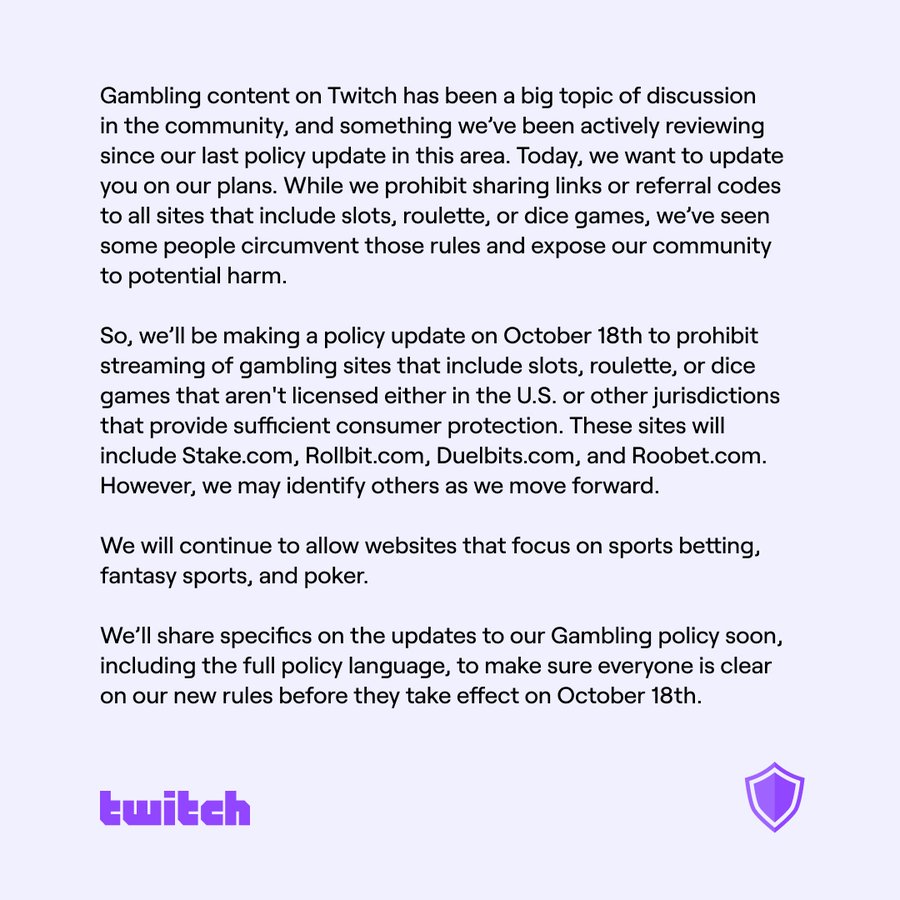what do you want to do?
Dopaminergic loss chasing, ADHD.

What do I want to do with life? Turns out I haven't been living my life very differently from a pathological gambler.
At this very moment, if all your responsibilities disappeared, and you were free to do anything you choose, what would you want to do? What would you like to spend every day of your life doing?
I would want to play the video game.
Think back to the last week of May. All your exams were over, you had no commitments. You knew you were going to start working in the summer, you didn't have to worry about your future - in the short term at least. You had the opportunity to play the game all day, but you didn't.
Well, that’s because I was losing all my games. If I was good enough to win more, my ideal life would be just to play all day.
Really think about it. Even when you do win your games, you didn't play all day. In fact, you play even lesser when you win. It's the days that you keep losing (or lose more than win) that you keep playing. Perhaps chasing lost ranking points? Loss-chasing?
Loss-chasing describes the tendency of a gambler to amplify their betting in an effort to recoup prior losses. It is widely regarded as a defining feature of disordered gambling, and a hallmark of the transition from recreational to disordered gambling
“Pathological Gamblers(PG) who lost money had significantly increased dopamine release in the left ventral striatum compared with Healthy Controls(HC). PG and HC who won money did not differ in dopamine release. This suggests a dopaminergic basis of monetary losses in pathological gambling, which might explain loss-chasing behavior”[1]
But that is a phenomenon unique to pathological gamblers right?
In a video game research study:
“When splitting the sample according to weekly hours of video game playing into frequent (n=76: 24 females, 52 males) and infrequent (n=78: 58 females, 20 males) gamers (median 9 h) and contrasting Grey Matter(GM) and White Matter(WM) segmentations between both groups, we found significant higher left ventral striatum GM for frequent vs infrequent video gamers (P<0.001, corrected for multiple comparisons; MNI coordinate: −9, 12, −5;)”
This is in “conceptual accordance with findings of enhanced dopamine release during video game playing and excessive gambling in Parkinson's patients due to dopaminergic medication”[2]
It isn't just the regions of the brain that coincide. In fact, the entire phenomenon is similarly exhibited.
“Frequent video game playing is associated with higher volume in left ventral striatum, which in turn shows higher activity during feedback of loss compared with feedback of the absence of loss in frequent players.”[2]
Turns out I'm not that different from a pathological gambler. And society treats gambling very seriously. “Twitch” is one of the largest live-streaming websites on the internet, owned by Amazon. For video games specifically, Twitch is considered to be the biggest live-streaming platform. Soon, Twitch will no longer allow any gambling-related content on its website.

Today's song is something I listened to a lot when I was younger. The intro was always captivating - something about it really spoke to my soul [3]. I guess I now know why.
Through the later years of high school, I started to believe that I might be exhibiting some symptoms of Attention-deficit/hyperactivity disorder (ADHD). Coming to university and living alone, I started to experience worse symptoms. Irrespective of my neurotypicality, I knew my attention needed work. I was, however, surprised to hear how many of my peers believe the same. As a generation, our ability to pay attention is declining.

This relates to video games. A study on 9th and 10th-grade students found:
"There was a significant increase in inattentive (p ≤ 0.001 for both Internet and console video games) and ADHD (p= 0.018 and 0.020 for console and Internet games, respectively) behavior in those who played video games for more than one hour"[5]
However, "This cross-sectional comparison of video games and ADHD does not allow for cause-effect relationships to be established. Therefore, it is impossible to say whether playing video games leads to an increase in ADHD symptoms, or if adolescents with more ADHD symptoms tend to spend longer times playing video games."[5]
Another study was investigating the effects of a drug treatment (MPH) on internet addiction, video games, and ADHD. It interestingly finds that:
"The changes in the severity of Internet video game addiction is associated with a decrease in ADHD symptoms, especially inattentive clinical symptoms and omission errors."[6]
"the severe Internet video game addiction group showed a greater reduction in omission errors than the non-addiction group after 8 weeks of MPH treatment"[6]
"The comorbidity of Internet addiction and ADHD may indicate a causal relationship or may suggest a common etiology, such as functional deficiency of prefrontal cortex and dopamine neurotransmission"[6]
Thus, they come to the conclusion that
"We suggest that Internet video game play, which releases dopamine and requires visual working memory, might be used for self-medication by children with ADHD."[6]
Maybe my problems with attention led to finding solace in video games, where my mind felt under control for once. However, [6] studied young children, and I don't think playing more video games will help my attention problems.
In designing my future, I think it is safe for me to assume that I shouldn't consider any dopamine-intensive activities that I “want” to do. What else could I spend my day doing?
I can't really think of anything. I never could.
However, I notice that when I do difficult things, I feel good at the end of the day. Maybe that's a good starting point.
Let's try doing hard things.
[1] Linnet, J., Peterson, E., Doudet, D. J., Gjedde, A., & Møller, A. (2010). Dopamine release in ventral striatum of pathological gamblers losing money. Acta Psychiatrica Scandinavica, 122(4), 326–333. https://doi.org/10.1111/j.1600-0447.2010.01591.x
[2] Kühn, S., Romanowski, A., Schilling, C., Lorenz, R., Mörsen, C., Seiferth, N., Banaschewski, T., Barbot, A., Barker, G. J., Büchel, C., Conrod, P. J., Dalley, J. W., Flor, H., Garavan, H., Ittermann, B., Mann, K., Martinot, J. L., Paus, T., Rietschel, M., . . . Gallinat, J. (2011, November). The neural basis of video gaming. Translational Psychiatry, 1(11), e53–e53. https://doi.org/10.1038/tp.2011.53
[3] https://drive.google.com/file/d/1UOWd8NKtzKqlZe-tK1iCbNJFpvkKdXVW/view
[4] CDC. (2018, September 28). ADHD Throughout the Years. Centers for Disease Control and Prevention. https://www.cdc.gov/ncbddd/adhd/timeline.html
[5] Chan, P. A., & Rabinowitz, T. (2006). A cross-sectional analysis of video games and attention deficit hyperactivity disorder symptoms in adolescents. Annals of General Psychiatry, 5(1). https://doi.org/10.1186/1744-859x-5-16
[6] Han, D. H., Lee, Y. S., Na, C., Ahn, J. Y., Chung, U. S., Daniels, M. A., Haws, C. A., & Renshaw, P. F. (2009). The effect of methylphenidate on Internet video game play in children with attention-deficit/hyperactivity disorder. Comprehensive Psychiatry, 50(3), 251–256. https://doi.org/10.1016/j.comppsych.2008.08.011